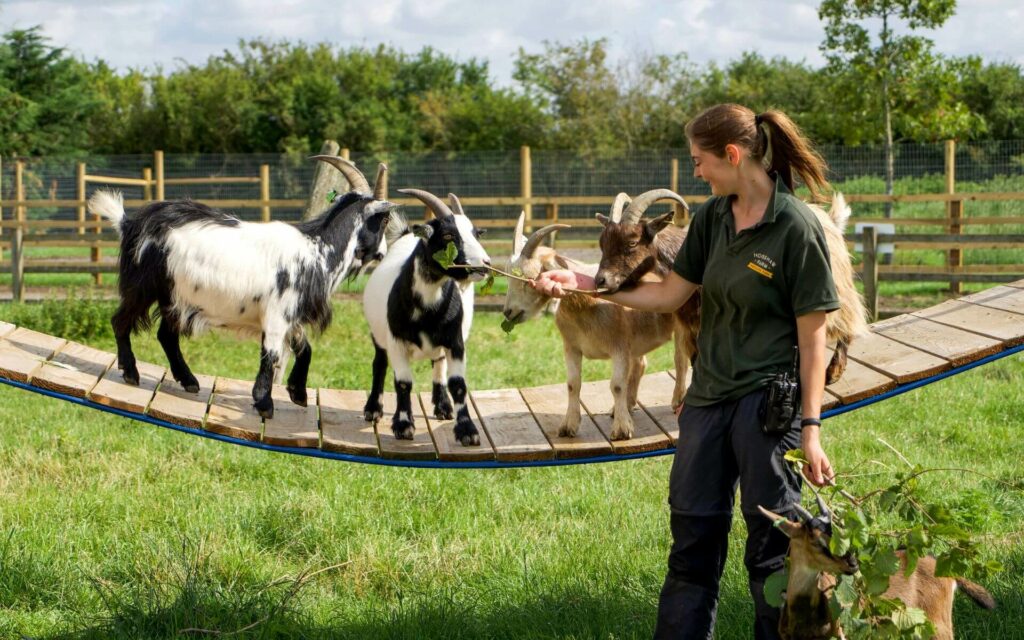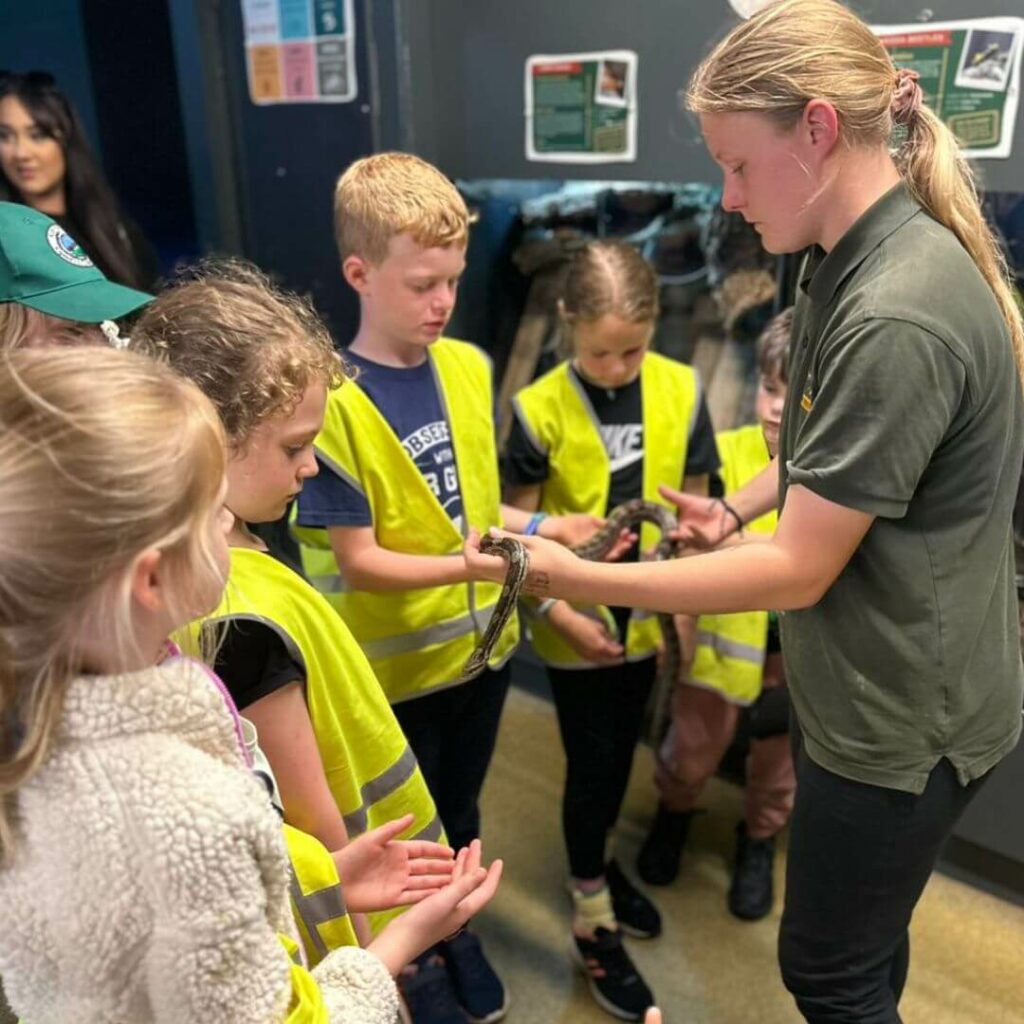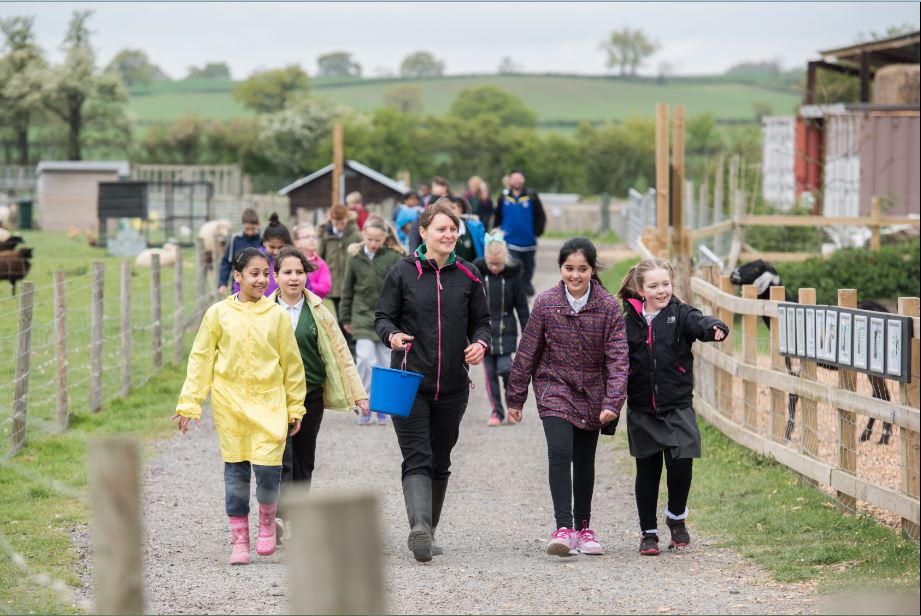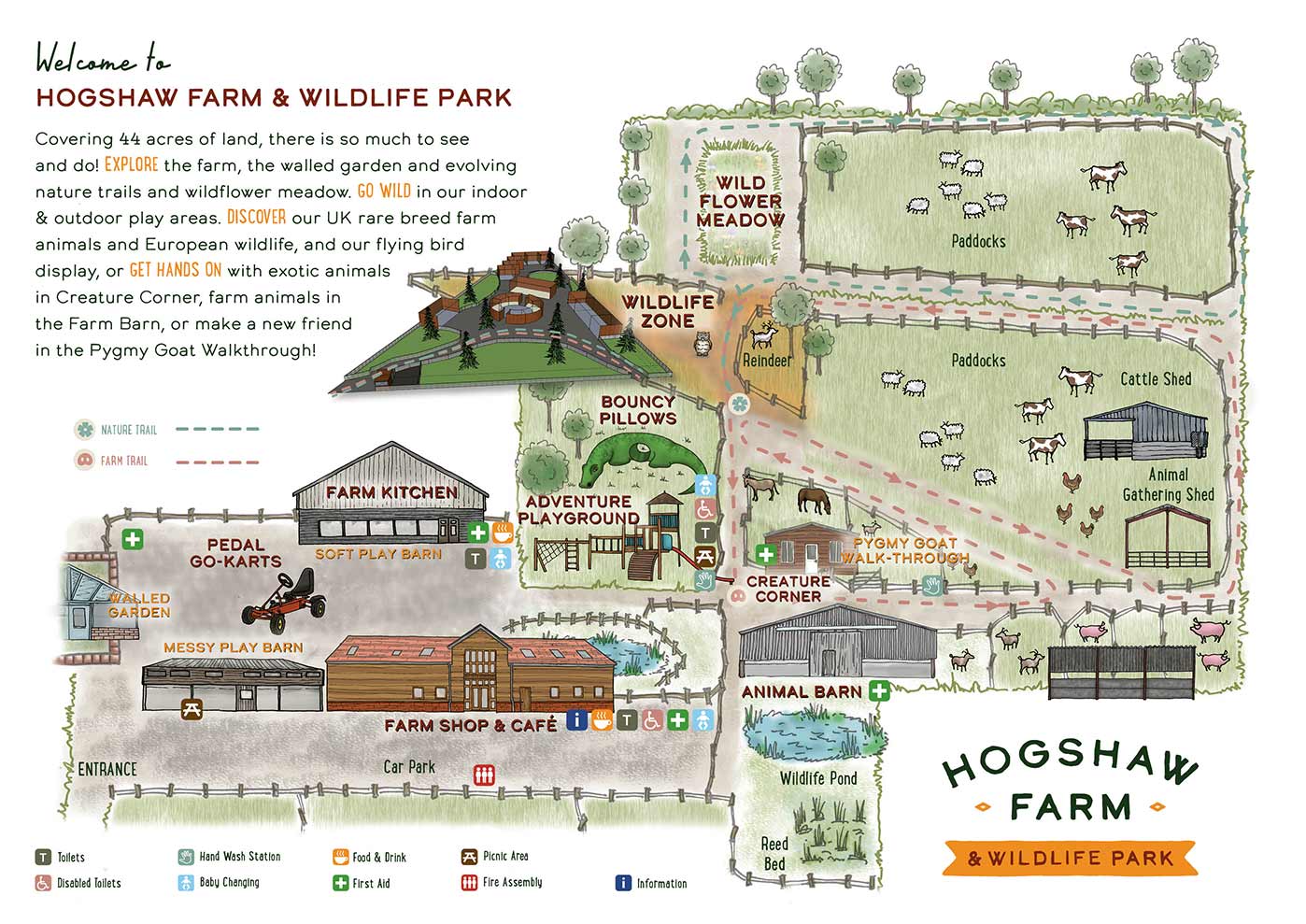School & Group Visits
Planning a School Trip?
Our school group visits play an important role in our mission to encourage future generations to care for our local landscape, conserve our native habitats and protect our natural environment.

We’re an accessible educational hub offering a learning experience that is interwoven with fun & adventure.
Our unique and adaptable education sessions are led by a team of expert farm keepers who are passionate about sharing their knowledge. Sessions are designed around your individual requirements.
We welcome a range of education groups, including primary & secondary schools, pre-schools & home educators, as well as youth groups, uniform groups, charities, group tours and more!
We believe in the importance of learning through first-hand experience of our natural world and the great outdoors.
On a school group visit, you can expect a choice of self-led exploration around our open farm, or a more immersive experience. With our hands-on workshops we aim to engage & educate in a way that inspires happiness and creates memories.
Note: We welcome visiting groups of any age (not just youngsters!).


Example Itinerary
- Meet & Greet with one of our staff members
- Self-guided tour around the farm to meet the animals
- Hosted education session with one of our farm keepers
- Encounters designed to support National Curriculum topics and can be adapted for different Key Stages. We offer 3 themes: Animals & Us, Adaptations & Habitats or Predator & Prey.
- Catering for groups on request (depending on day of visit)
What’s included
- Ample coach parking and lunch storage
- Reserved indoor picnic space
- Staff member to greet your group
Health & Safety
- First Aid trained education staff
- Welcome health & safety talk included for all guided visits
- Plenty of handwashing and boot washing facilities on site
- Downloadable documentation, including visit information pack, risk assessment and health & safety information
- Teachers & group leaders are invited to view the site in advance and carry out their own risk assessments

